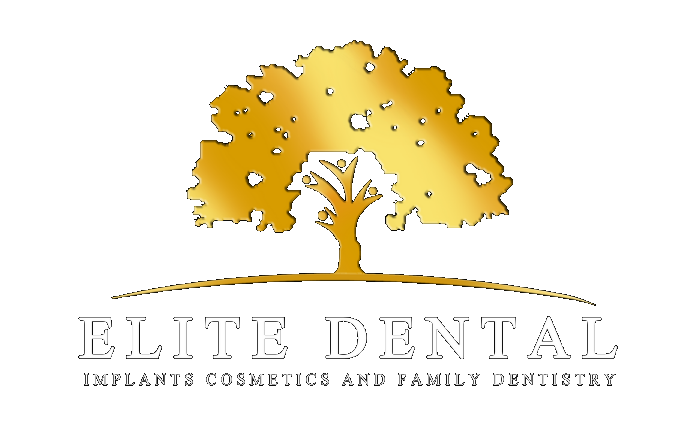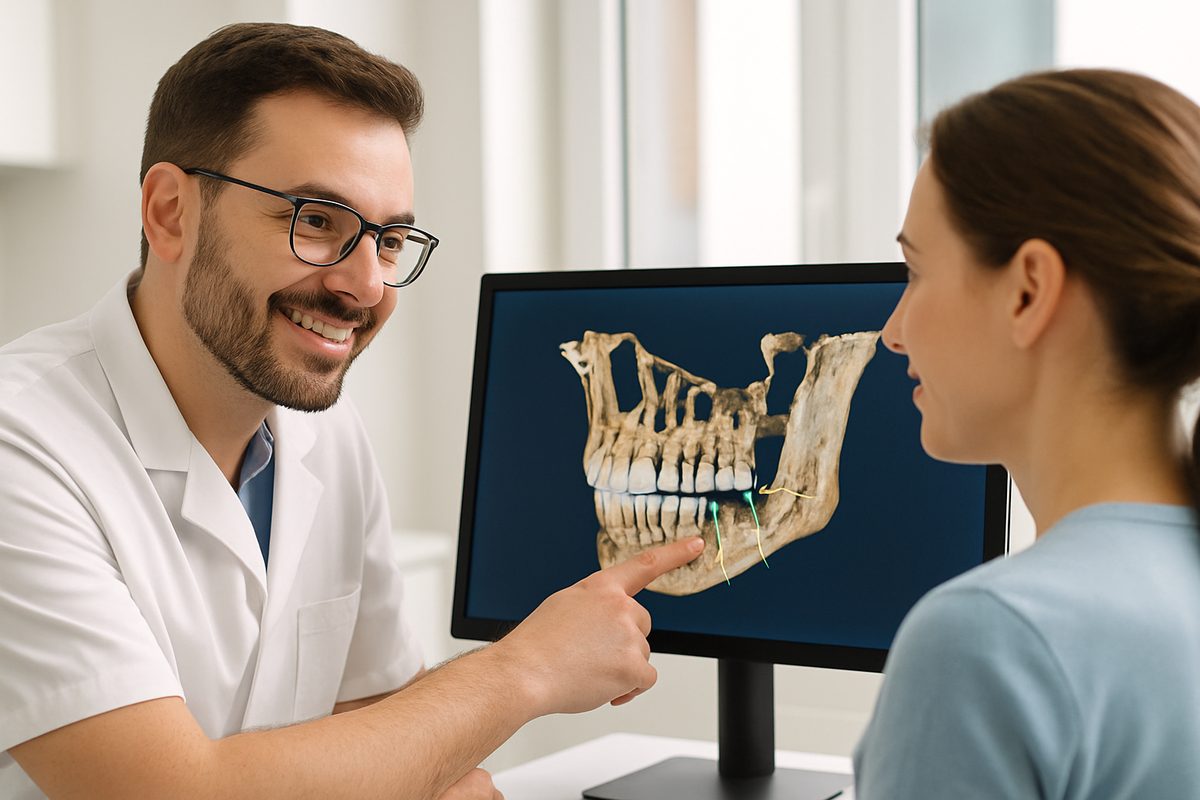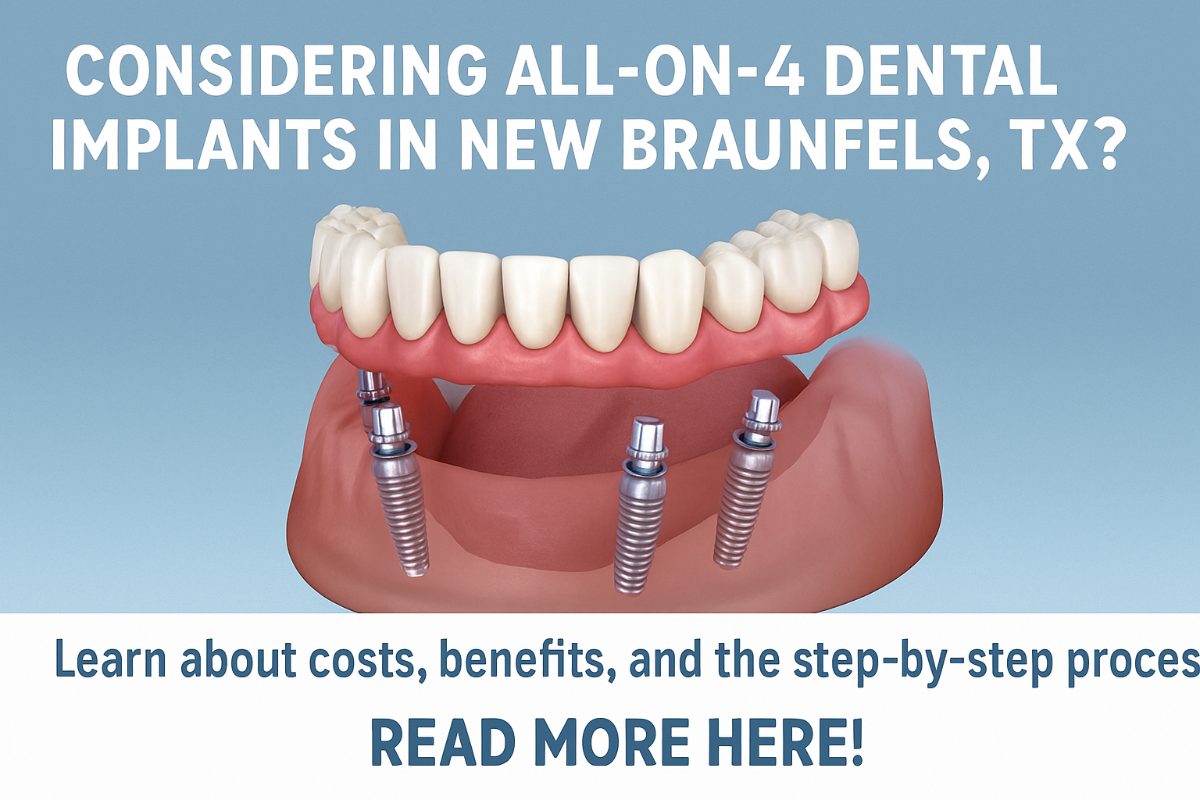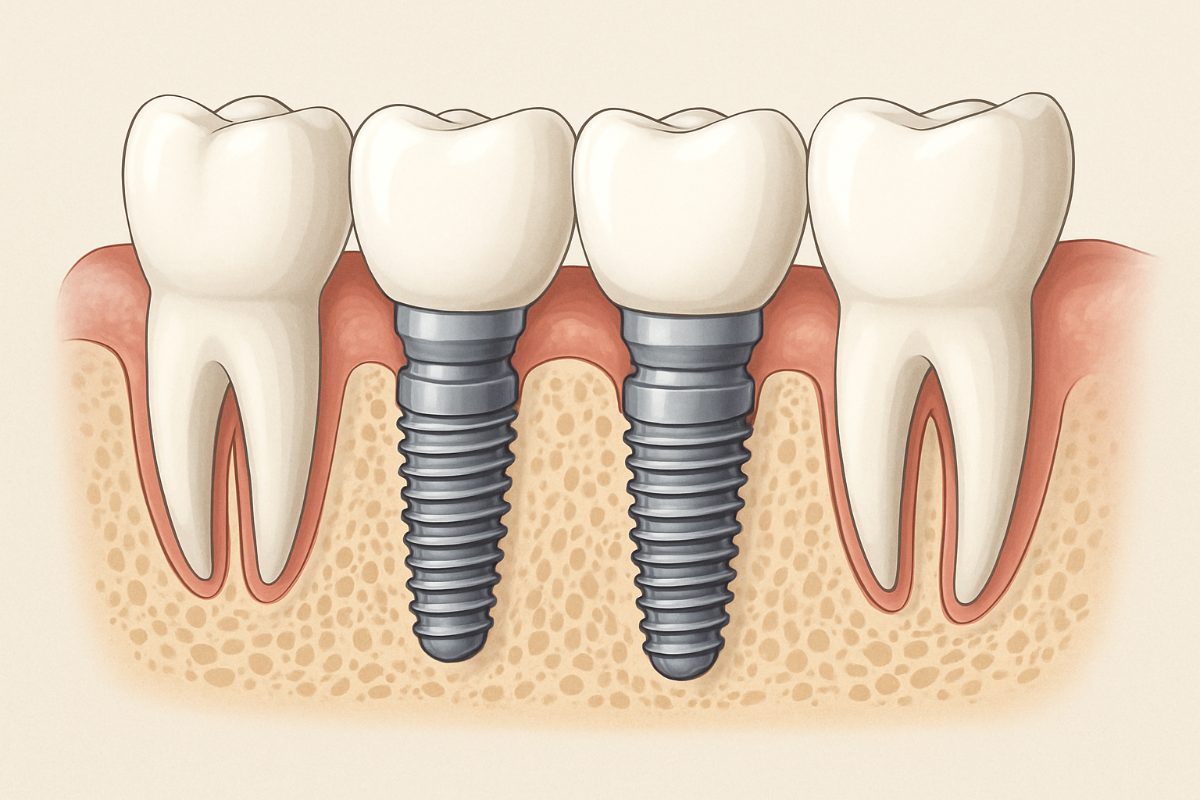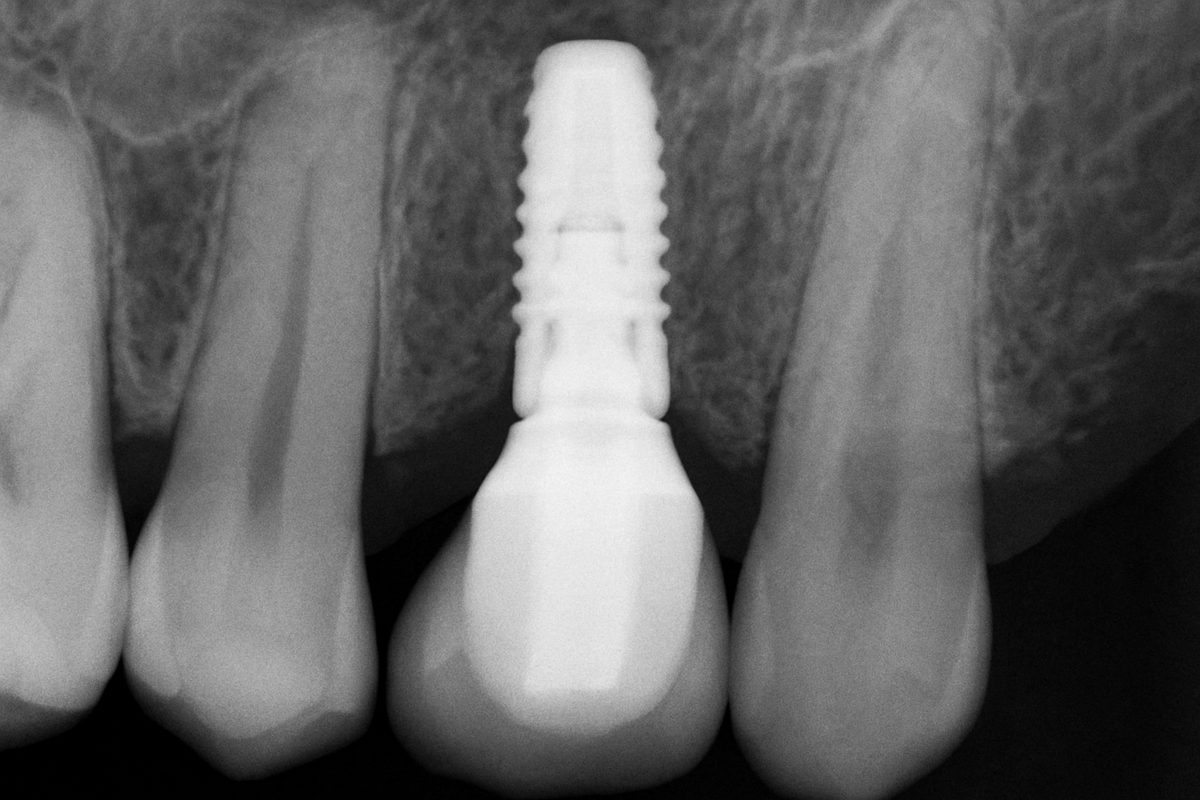Dental Blog - Greater San Antonio
Tips, Facts, And The
Latest In Dentistry

Guide To Full Mouth Dental Implants: What To Know In 2024
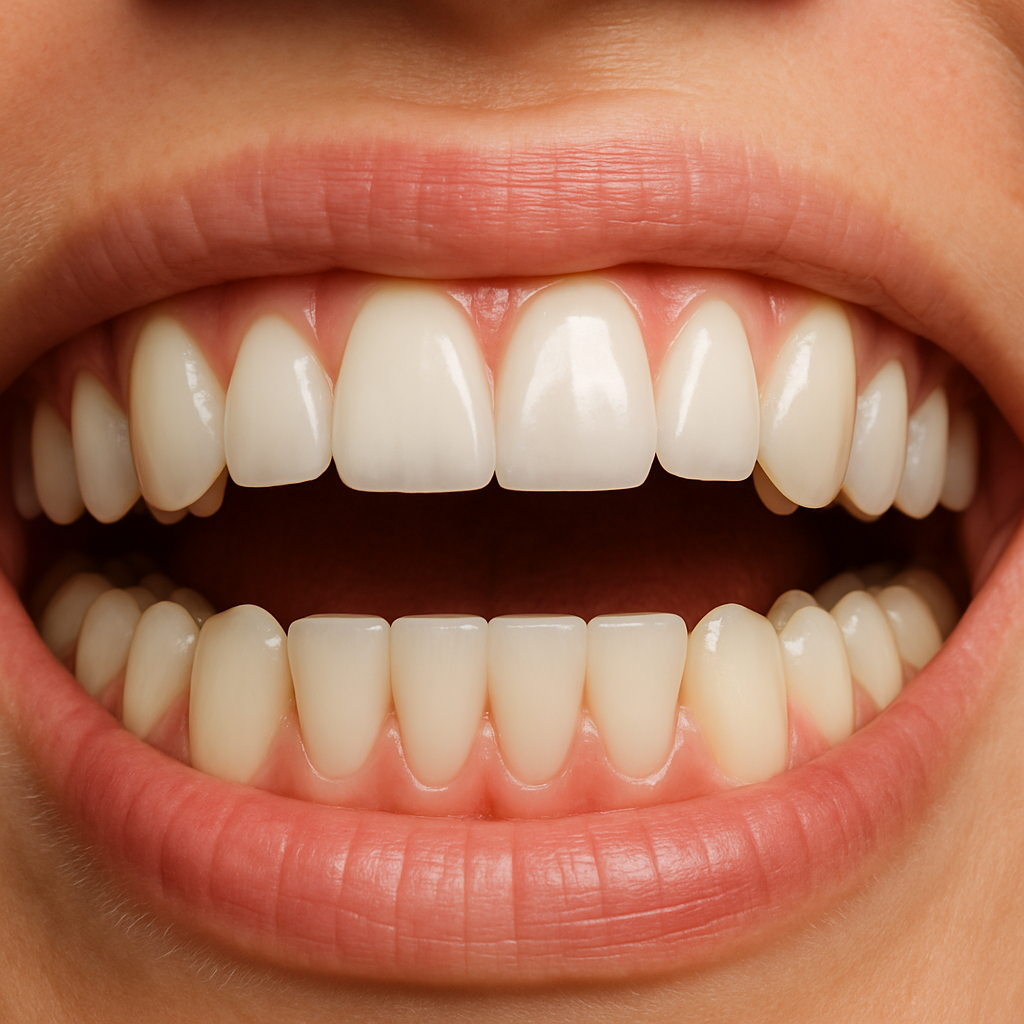
If you’re reading this, you’re likely researching options for replacing many or all of your teeth. This guide explains what teeth full mouth solutions are, who should consider them, and what to expect from the process. You’ll get clear steps on treatment timelines, cost drivers, and how to pick the right provider so you can decide whether a full-mouth implant solution is right for you.
What Are Full Mouth Dental Implants (teeth full mouth)?
“Teeth full mouth” usually refers to replacing an entire upper or lower arch — or both — with implants and a fixed prosthesis. Instead of replacing single teeth one by one, full-arch options use several implants to support a whole row of teeth.
Common terms you’ll see:
- All-on-4 — four implants support a fixed bridge for a full arch.
- Fixed hybrid — a permanent prosthesis screwed onto implants (not removable by the patient).
- Implant-supported denture — a denture that snaps or screws onto implants and may be removable.
People who search for “teeth full mouth” are often looking for a long-term, stable replacement that improves chewing, speech, and smile appearance. Results generally include better function than traditional dentures, a more natural look, and improved confidence.
Who Is a Candidate for Teeth Full Mouth Implants?
Oral health and bone requirements
Good oral health is important. Sufficient jawbone is needed to hold implants. If bone volume is low, bone grafting or alternative implant positions (like angled implants) may be recommended. Healthy gums and control of active infections are also required before implants are placed.
Medical and lifestyle factors
Some medical conditions and habits affect candidacy. Diabetes, autoimmune disorders, and heavy smoking can slow healing or increase complications. Many conditions can be managed so implants are still possible, but expect a personalized evaluation and realistic expectations from your dentist or surgeon.
Patient goals
Full mouth replacement is chosen over partial solutions when a patient wants a stable, long-term fix for many missing or failing teeth, severe wear, or poorly fitting dentures. If your main goals are improved chewing, speech, and a fixed smile, full-arch implants are often the best option.
What To Expect: Process, Timeline, and Cost Drivers
Step-by-step treatment timeline
- Consultation & imaging: Exam, X-rays, and a CBCT scan to plan implant positions.
- Preparatory work: Any extractions, gum treatment, or grafting if needed.
- Implant surgery: Implants are placed; sometimes a temporary fixed arch is attached the same day.
- Healing (osseointegration): 3–6 months for bone to bond to implants; temporary prosthesis used if needed.
- Final prosthesis: Custom final bridge or denture is fitted and adjusted.
Recovery and common side effects
Expect soreness, swelling, and light bleeding for a few days after surgery. Pain is usually well-controlled with medications. Soft foods are recommended during early healing. Follow-up visits check healing and fit. Most people return to normal activities within a week or two, with final function improving over months.
Major cost factors
- Number of implants and type of prosthesis (fixed vs removable).
- Need for bone grafts or sinus lifts.
- Advanced imaging, digital planning, and lab fees for custom teeth.
- Use of sedation or general anesthesia.
- Provider experience and location.
Costs can vary widely. Many practices offer financing, payment plans, or can help submit claims to dental insurance for parts of treatment. Ask about itemized estimates and what is covered before committing.
How To Choose a Provider and Next Steps
Look for a team with specific implant training, use of CBCT imaging, and documented before-and-after cases for full-arch work. Experience with digital planning and 3D-guided surgery improves predictability. Ask whether the same clinician performs planning, surgery, and final prosthetics or if multiple specialists are involved.
Useful questions at a consultation:
- Am I a candidate for teeth full mouth implants and why?
- What exact steps and timeline should I expect?
- Who will perform each part of the treatment?
- Can I see examples of similar cases and patient references?
- What is the full cost and what financing/insurance help is available?
If you’re ready to learn whether full-mouth implant treatment is right for you, schedule a consult with a qualified implant team. A proper evaluation will show if teeth full mouth implants can meet your goals and outline a clear plan tailored to your needs.

